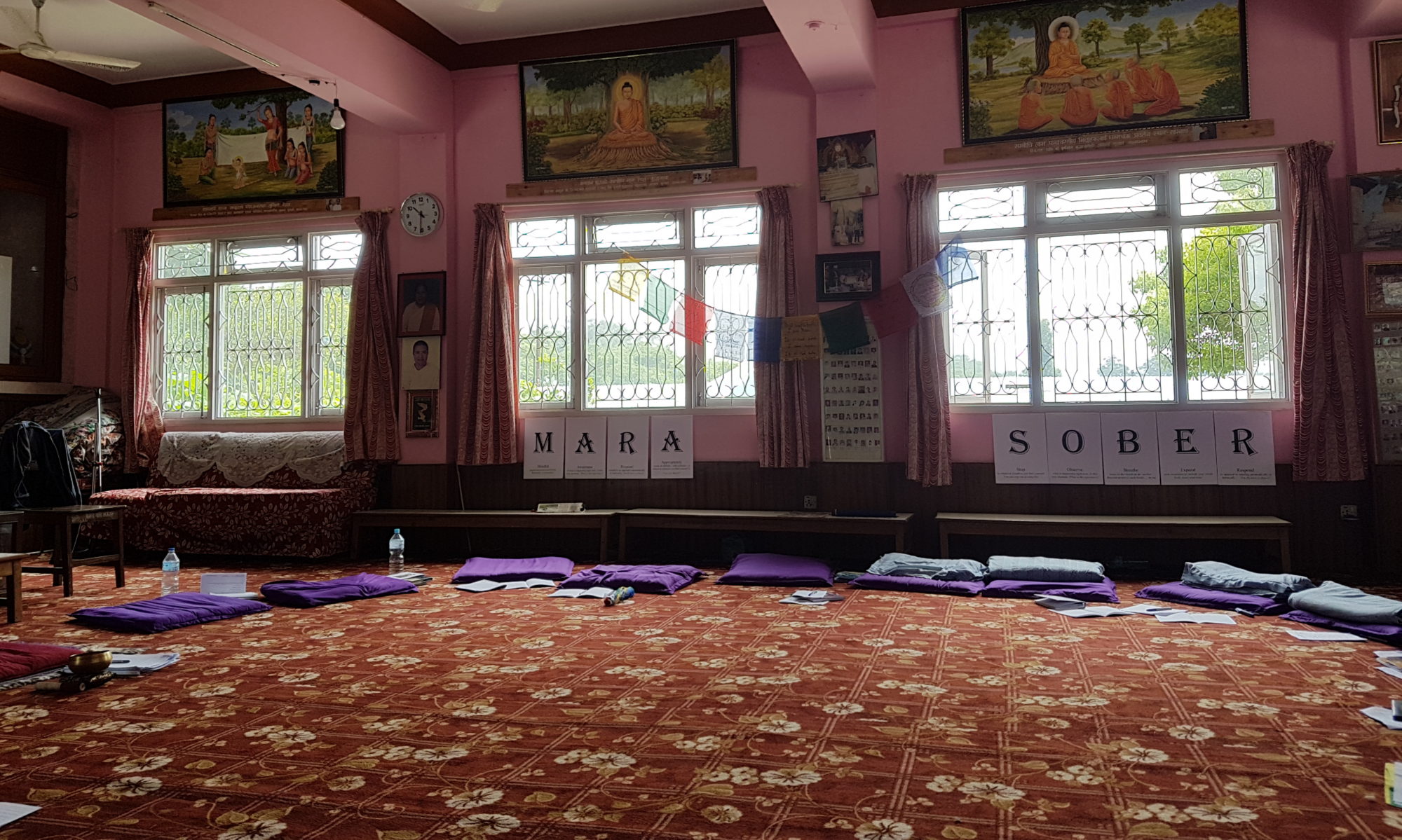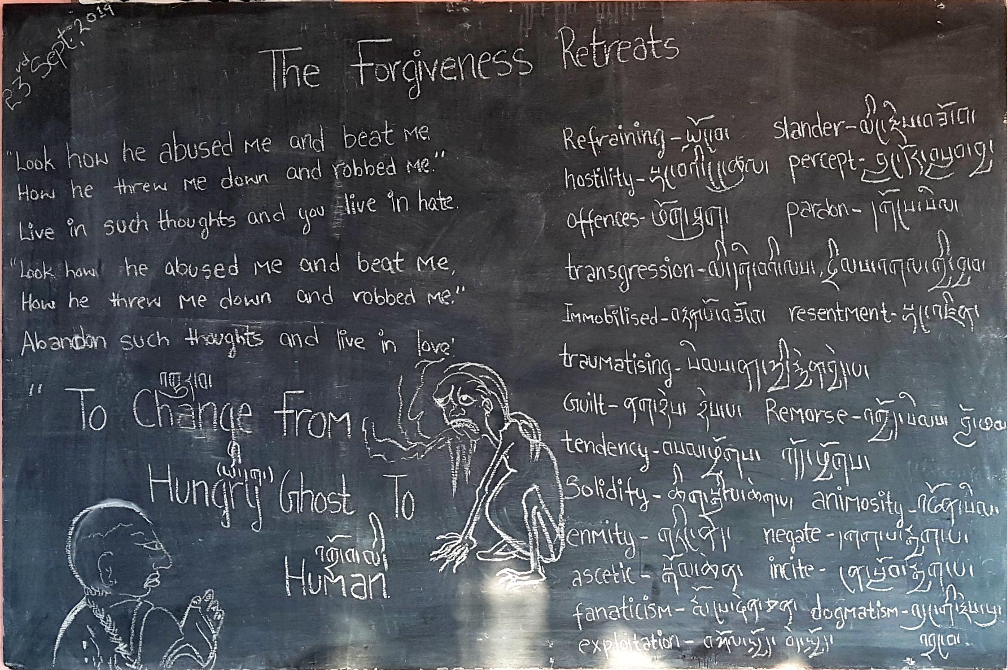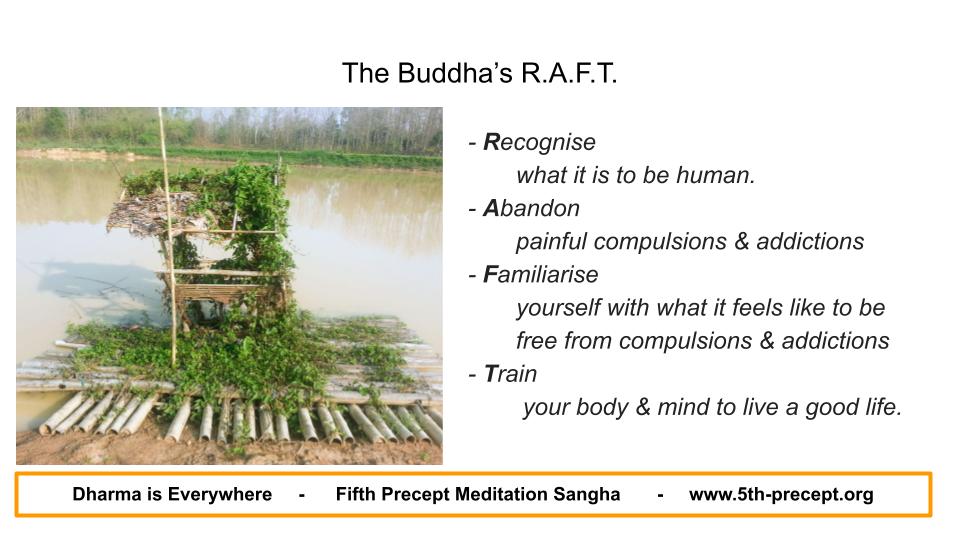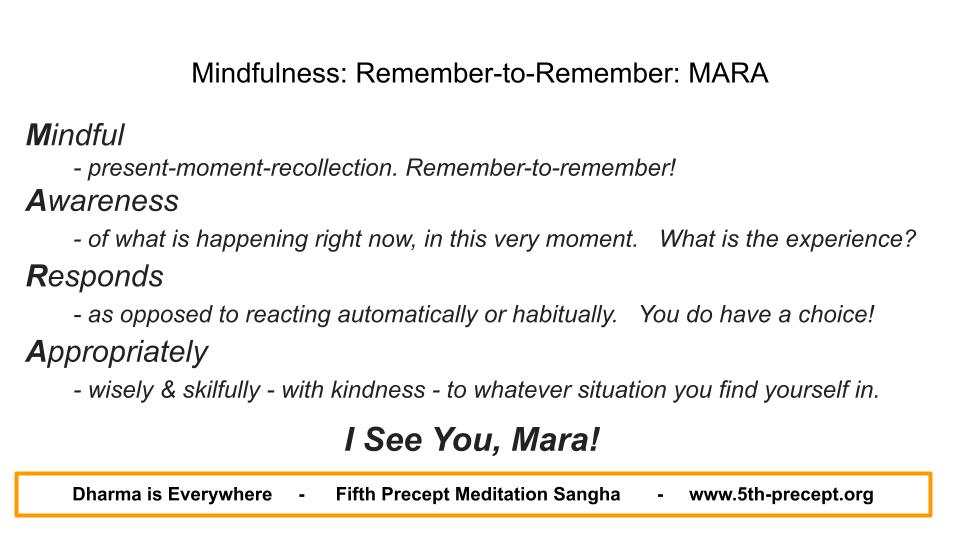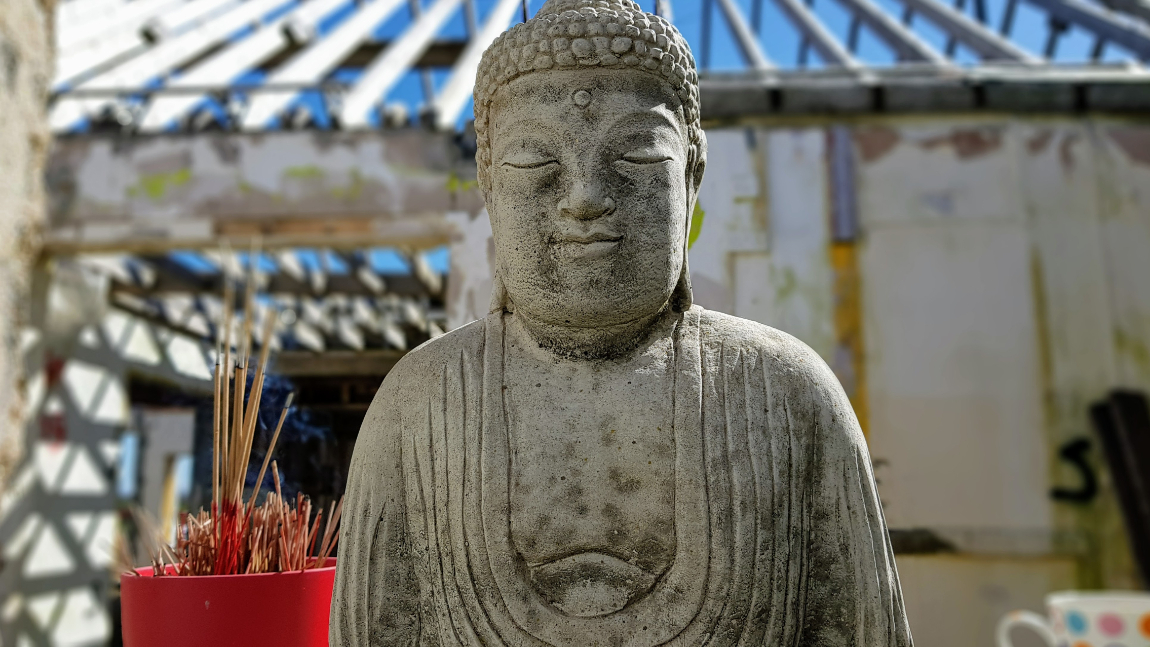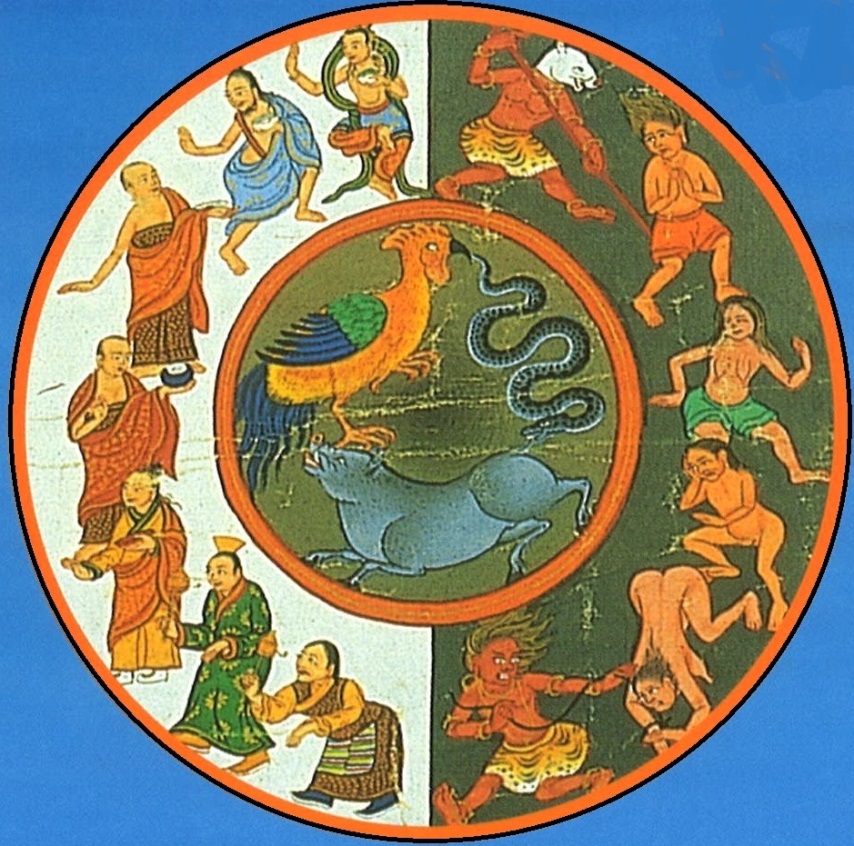The Buddhist Recovery Network is collaborating with Southern Illinois University Carbondale on two addiction research studies.
Stigmatization & Beliefs about Risk in Substance Use Disorder
This research study is intended to increase our knowledge of the ways attitudes, beliefs, and stigma affect the perception and experiences of substance use (e.g., caffeine, alcohol, or marijuana) or are related to substance use history. This project is being supervised by Dr. David Gilbert in the Psychology Department at Southern Illinois University. The minimum age to participate is 18 years of age (or 19 years of age or older if you are completing the study from Nebraska, United States).
Participants will explicitly be asked about illicit substance use in this survey. However, all responses are anonymous.
Further information here: https://siucpsyc.co1.qualtrics.com/jfe/form/SV_eKkUa3lxcvw39r0
Investigating the Mechanism of Change of Buddhist Recovery from Addiction
Research has suggested the beneficial effects of peer-support programs regarding recovery from addiction (ie., substance use and behavioral addiction). However, current empirical research examining Buddhism and addiction peer-support programs is limited. The purpose of this study is to examine if Buddhist recovery peer-support programs would benefit addiction recovery outcomes and the ways in which Buddhist recovery may promote change.
Further information about this study can be found here: https://siucpsyc.co1.qualtrics.com/jfe/form/SV_9GHFW8bSuOHDxoG
By participating in either or both of these studies, you can help the scientific field further their knowledge of Buddhist recovery peer-support programs or help reduce some of the stigmatizing languages when discussing Substance Use Disorder.
Your participation in these studies is entirely voluntary and there is no penalty for not participating. The Fifth Precept Sangha and Buddhist Recovery Network (BRN) has no financial involvement with Southern Illinois University, Carbondale or the researchers involved.
If you would like to participate or learn more about either or both of the study, please follow the links above.
